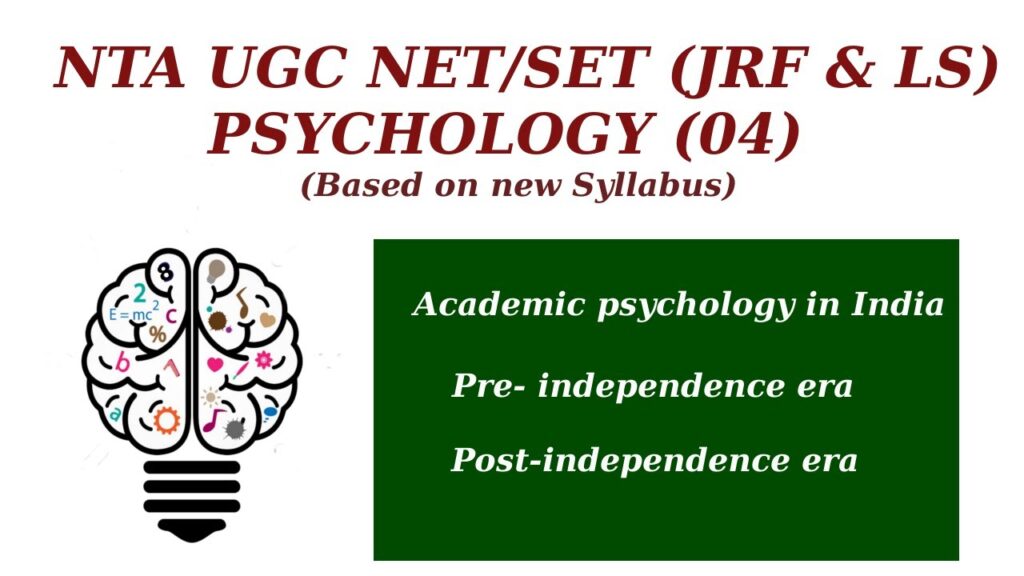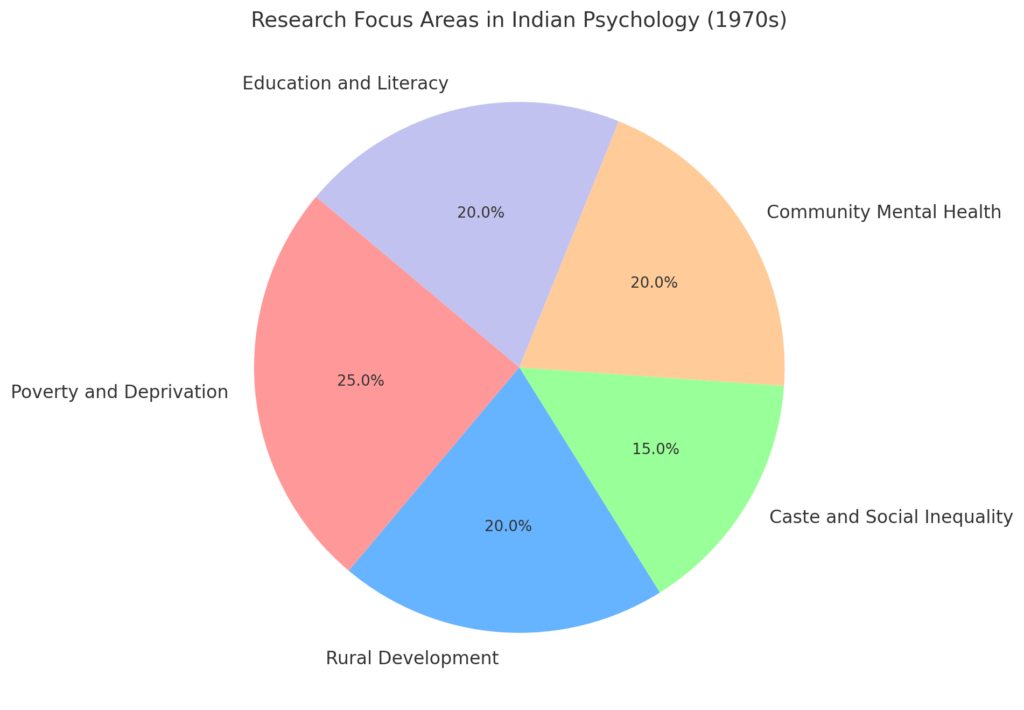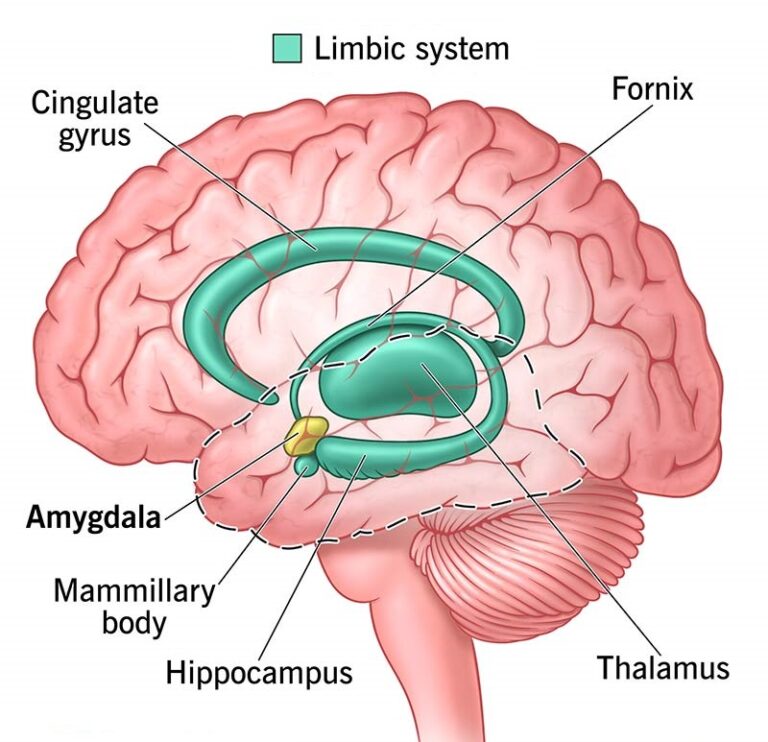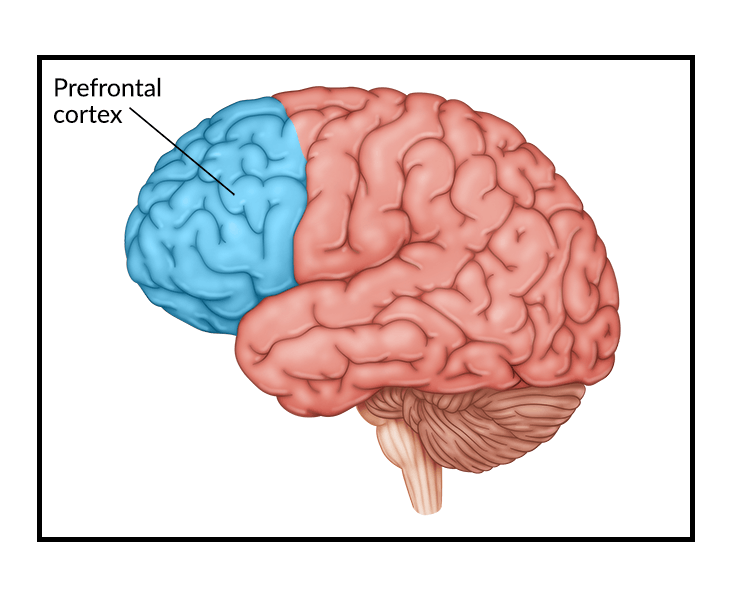
Academic Psychology in India: 1970s-A Shift Toward Addressing Social Issues
The 1970s were a transformative decade for academic psychology in India. This period marked a distinct shift from purely theoretical and Western-dominated frameworks to addressing pressing social, cultural, and economic issues relevant to the Indian context. The focus expanded beyond laboratory research to real-world applications, emphasizing the interplay between psychology and societal challenges.
Key Features of the 1970s: Addressing Social Issues
1. Focus on Societal Relevance
- Psychologists increasingly recognized the importance of understanding human behavior in the context of India’s unique socio-cultural environment.
- Research began focusing on issues like:
- Poverty and its psychological impacts.
- Rural development and community mental health.
- Social inequality and caste dynamics.
2. Indigenous Psychology Movement
- A significant push toward developing indigenous psychological frameworks was observed.
- Scholars argued that Western theories often lacked applicability to the Indian socio-cultural context.
- Key Contributions:
- Understanding mental health through concepts like Karma, Dharma, and Gunas.
- Research on collectivism versus individualism in Indian society.
3. Role of Psychology in Nation-Building
- With India’s focus on development post-independence, psychology contributed to:
- Rural education and literacy programs.
- Behavioral studies on public health campaigns, such as family planning.
- Addressing communal harmony and conflict resolution.
4. Research Themes in the 1970s
| Research Area | Focus | Examples of Research |
|---|---|---|
| Poverty and Deprivation | Impact on mental health, cognitive development, and behavior | Studies on learned helplessness in underprivileged communities. |
| Rural Development | Behavioral change for developmental programs | Psychological studies on adoption of farming innovations. |
| Caste and Social Inequality | Exploring stigma, discrimination, and its psychological effects | Research on the psychological impact of caste-based exclusion. |
| Community Mental Health | Designing culturally relevant mental health interventions | Pilot programs for rural mental health services. |
| Education and Literacy | Enhancing learning methods and overcoming cultural barriers to education | Studies on motivation and reinforcement in rural school children. |
5. Prominent Psychologists and Contributions
| Psychologist | Contribution |
|---|---|
| Dr. Durganand Sinha | Advocated for indigenous psychology and emphasized socio-cultural determinants of human behavior. |
| Dr. Uday Pareek | Pioneered organizational behavior studies in rural settings. |
| Dr. S. K. Verma | Researched community mental health in underprivileged areas. |
6. Applications in Social Policy
Rural Education and Literacy Campaigns
- Psychologists collaborated with educators to design programs that increased motivation among rural students.
- Behavioral interventions were developed to reduce dropout rates in rural schools.
Mental Health Awareness
- Culturally sensitive approaches to mental health were designed for rural and urban populations.
- Emphasis on destigmatizing mental health issues using local idioms and beliefs.
Public Health and Behavioral Change
- Campaigns for hygiene, family planning, and immunization were informed by behavioral studies.
- Research focused on overcoming resistance to public health programs through effective communication strategies.
7. Visual Representation
Chart: Research Focus Areas in the 1970s

Pie Chart Description
- This chart illustrates the distribution of research efforts in various societal domains during the 1970s.
8. Challenges in the 1970s
- Limited Resources: Funding for psychology research was insufficient, particularly for fieldwork in rural areas.
- Interdisciplinary Isolation: Collaboration between psychology and other disciplines like sociology and anthropology was limited.
- Cultural Barriers: Western psychological tools and concepts often failed to capture the complexity of Indian society.
9. Significance of the 1970s for Indian Psychology
- The 1970s laid the foundation for applied psychology in India, moving it closer to the lives of the common people.
- Research during this era highlighted the need for contextually relevant psychology that integrates cultural, social, and economic factors.
References
- Sinha, D. (1986). Psychology in a Third World country: The Indian experience. International Journal of Psychology, 21(1-4), 5-21.
- Misra, G. (2010). Psychology in India: Retrospect and prospect. Psychology and Developing Societies, 22(1), 41-62.
- Rao, K. R., & Paranjpe, A. C. (2008). Psychology in the Indian tradition. Springer.
- Neki, J. S. (1973). Guru-Chela relationship: The possibility of a therapeutic paradigm. American Journal of Orthopsychiatry, 43(5), 755-766.







